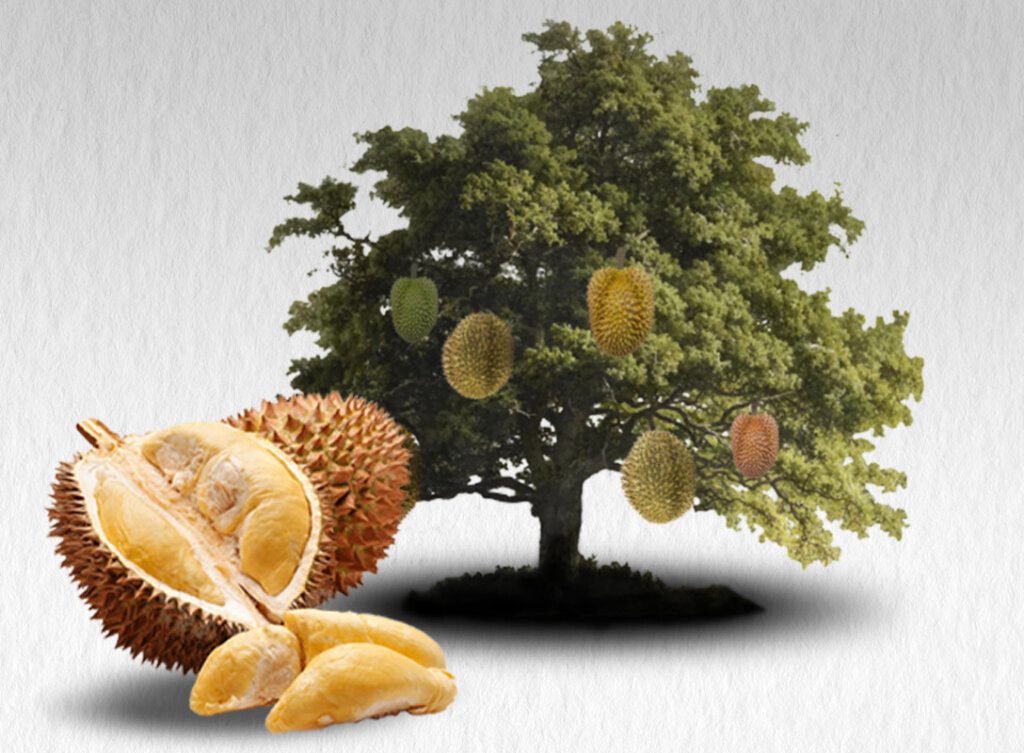Indonesia as an agricultural country has utilized natural resources to support the country’s economy. Even during this pandemic, according to the 2020 economic growth report based on the amount of Gross Domestic Product in various sectors released by the Central Statistics Agency, the results noted that the agricultural sector is a sector that always experiences positive growth in each quarter. This shows that the utilization of the agricultural sector is quite promising to increase economic growth.
The Indonesian government has made efforts to improve this agricultural sector, to obtain good seeds so that the yields are higher, of course, at a lower cost. One of the ways to obtain such seeds is by research and discoveries made by “breeders” to create new plant varieties that are superior to the previous ones.
Thus, in order to increase the interest and participation of individuals and legal entities to carry out plant breeding activities on inventing new superior varieties, plant breeders or plant variety protection rights holders need to be given certain rights and adequate legal protection for these rights.
The protection of plant varieties in the world was first recognized in 1961, wherein that year several countries in the world agreed on an international convention on the Protection of Plant Varieties known as the Union International pour la protection des obtentions végétales (UPOV).
Meanwhile, the regulation regarding the protection of plant varieties in Indonesia began in 1989. At that time, Indonesia began to regulate plant varieties, namely in the 1989 Patent Law which in Article 7 letter c states that “patent protection cannot be granted to food, beverages, and plant varieties, especially for the commodities of rice, corn, cassava, and sweet potatoes.” In this Law, plant varieties are not granted patent protection, nor is there a special law governing the protection of plant varieties, thus it can be said that during the 1989 Patent Law there was no patent protection for plant varieties.
Then, along with Indonesia’s participation in the ratification of the provisions of TRIPs (Trade-Related Aspects of Intellectual Property Rights). Where in Article 27 paragraph (3) letter b TRIPs it is regulated that: “However, members shall provide for the protection of plant varieties either by patents or by an effective sui generis system or by any combination thereof.” Therefore, based on the said provision, all TRIPs members are required to provide protection for plant varieties, either through patent protection, an effective sui generis system (for example through the granting of breeder rights) or by a combination of a patent protection system and a sui generis system.
Therefore that in 1997, the 1989 Patent Law was amended in the form of revocation or abolition of Article 7 letter c. Thus, in the 1997 Patent Law, food, beverages, and plant varieties can obtain protection in the form of patent rights.
Although the 1997 Patent Law has permitted the granting of patent protection to plants, the 1997 Patent Law cannot provide comprehensive protection for the aspects contained in the new varieties.
Protection of plant varieties by using patents cannot continue, for the following reasons:
- The patent holder will have the authority in principle to prohibit the reuse of seeds that have been planted by farmers, with the consequence that there will be high costs for farmers and the dominance of large seed companies will be strengthened.
- Breeding based on the protection of plant varieties will be eliminated, that is, when patent protection does not support the type of invention produced by traditional farmers, a patent is not requested and is used freely among these farmers.
- The granting of a patent has the nature of a monopoly right on seeds and/or plants that are the object of production and trade in important seeds.
- The granting of patents will support higher standardization and strengthen the trend towards single-cultivation thus eroding biodiversity.
Therefore, the Government of the Republic of Indonesia has enacted a new law that aims to protect plant varieties more thoroughly through a sui generis law, namely Law no. 29 of 2000 concerning the Protection of Plant Varieties (PVT).
If Partners require further information about PVP or wish to register for PVP, please do not hesitate to contact us via marketing@ambadar.co.id.
Source:
Supancana I.B.R., Laporan Akhir Tim Pengkajian Hukum tentang Perlindungan Varietas Tanaman Lokal dalam Hukum Nasional dan Internasional, Jakarta, 2011 hlm. 28






